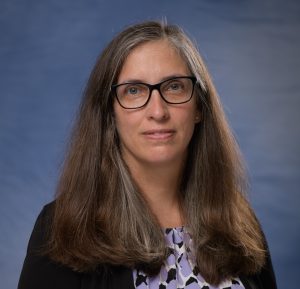
The laboratory of Dr. Carla Cáceres studies how aquatic invertebrates interact with microbes as food, pathogens, and mutualists. We combine field work with laboratory studies and mathematical models to understand these interactions. REU students will have the opportunity to investigate how host community structure influences microbiome community assembly, the causes and consequences of within species variation in immune systems, and how abiotic factors influence microbiome assembly.
The laboratory of Dr. Paul Davidson focuses on water quality. Specifically, he examines the fate and transport of agricultural contaminants (both chemical and biological) in the environment and looks for ways to reduce or prevent the transport of these contaminants to surface water systems. Dr. Davidson and his team also explore effective ways of treating wastewater and using the treated wastewater to grow crops in hydroponic systems.
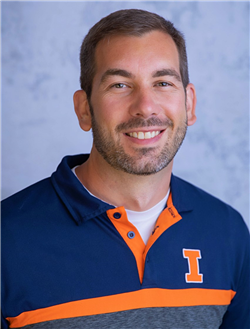
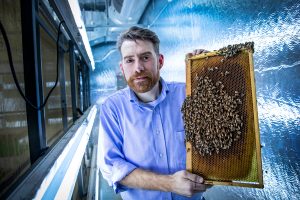
The laboratory of Dr. Adam Dolezal studies how pollinators, focusing mainly on honey bees, respond to their environment and how different stressors interact to affect behavior and physiology. Much of this work looks at how pathogen infection (particularly viruses) interacts with other aspects of the environment, including nutrition and chemicals. The lab has also started studying how viruses and anti-viral responses are affected by the honey bee bacterial and fungal microbiome. Overall, our work spans basic questions in how different components of complex environments interact to more applied questions involving sustainable pollinator management in the face of anthropogenic change.
The laboratory of Dr. Katy Heath studies how nitrogen-fixing microbial symbionts and their plant hosts evolve in response to each other and the environment. We combine quantitative genetics, population genomics, transcriptomics, experimental assays, and molecular biology to understand these interactions. REU students will have the opportunity to investigate how host community structure influences microbiome community assembly, the causes and consequences of within species variation in immune systems, and how abiotic factors influence microbiome assembly.
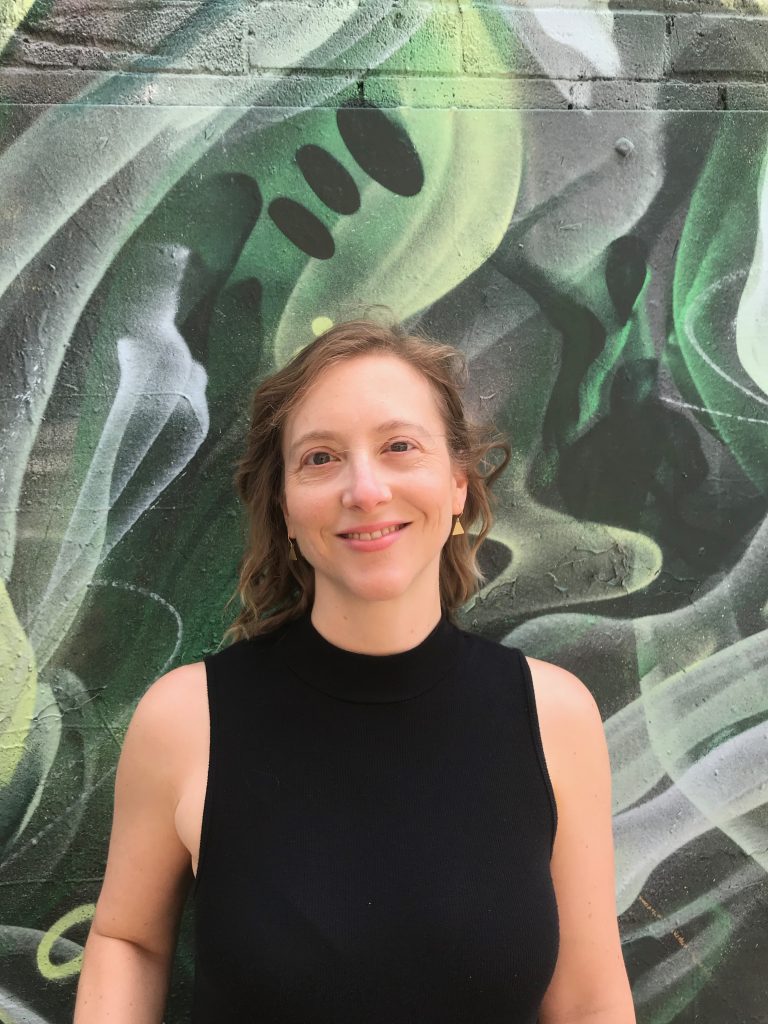
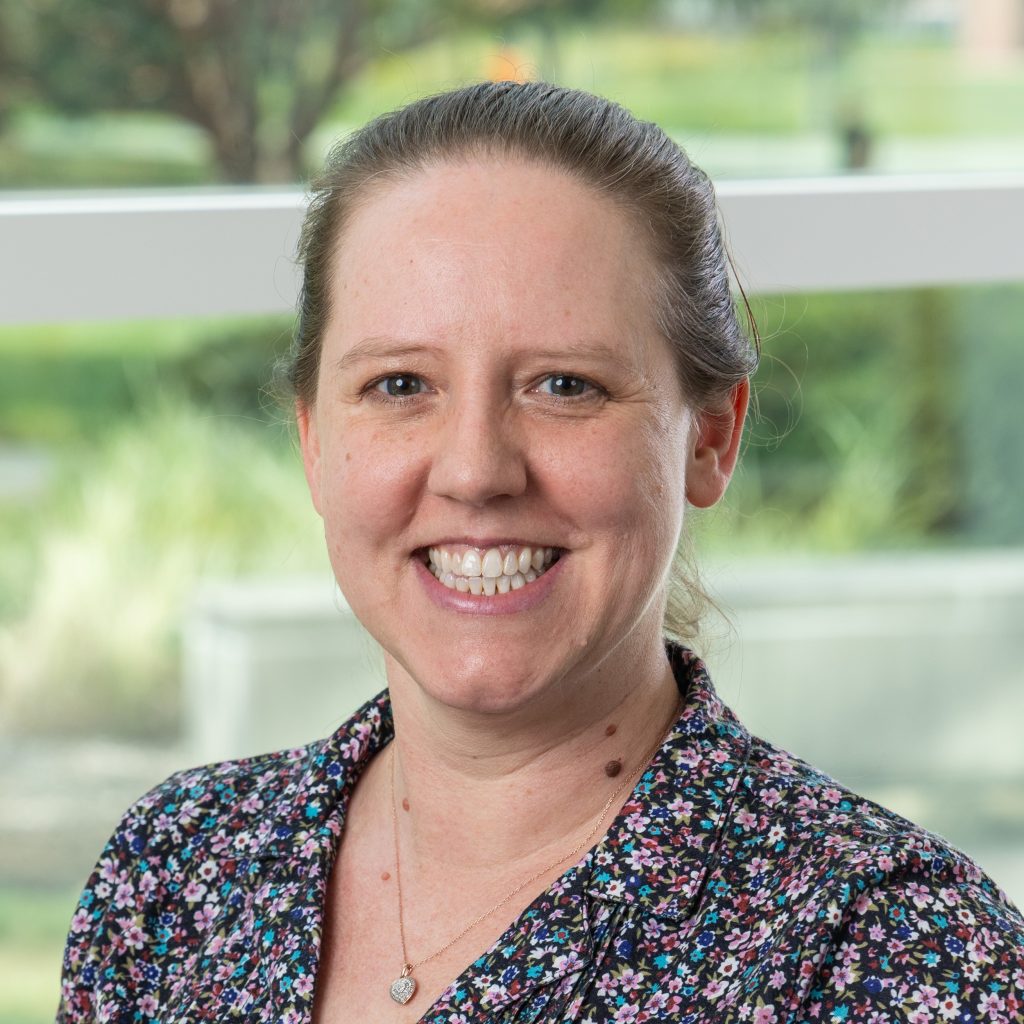
The laboratory of Dr. Sarah Hind investigates the molecular mechanisms underlying plant immunity and bacterial virulence. Research in the Hind lab focuses on important specialty crops including tomato, pepper, squash, and pumpkin, which are all significantly impacted by bacterial spot disease. Research in the lab utilizes microbiological, molecular, and biochemical methods to study the virulence systems used by this genus of bacteria. This work will contribute to improved disease management strategies, which can increase the sustainability of agricultural systems. REU participants will investigate genetic factors impacting these plant-bacterial interactions using a combination of laboratory and greenhouse experiments.
The laboratory of Dr. Angela Kent investigates microbial communities and their processes in natural and managed environments. Research in the Kent lab focuses on the ecology of microbial communities involved in processes that sustain healthy ecosystems. Her group uses molecular biology tools to describe the diversity and structure of microbial communities in natural and managed ecosystems, environmental microbiology methods to study microbial functions, and the tools of community ecologists to relate microbial community composition to biological and environmental drivers. REU participants will assist in investigating the impact of novel maize germplasm on microbial N cycling processes, such as nitrification, denitrification, N fixation, and GHG production.
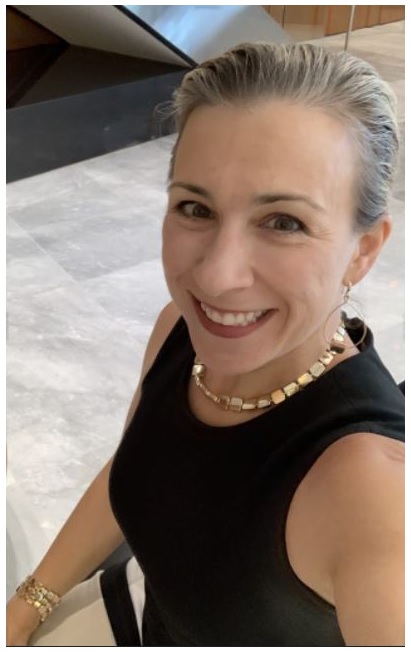
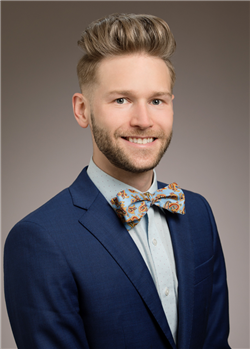
The laboratory of Dr. Brett Loman studies how environmental exposures influence animal and human gastrointestinal and mental health. By understanding how factors such as nutrition and stress alter communication between the resident microbiota, intestine, and brain, our work strives to formulate dietary interventions that reduce gastrointestinal symptoms during functional gastrointestinal disorders, psychological stress, and cancer. Our research utilizes systems biology and comparative biology approaches to understand how microbiota and organs communicate, and how those routes of communication are conserved across species and environments.
The laboratory of Dr. Santiago Mideros studies the mechanisms used by filamentous plant pathogens of field crops to cause disease. In my laboratory, we use bioinformatics, microscopy, greenhouse and field assays to characterize how microbes interact with plants. A complete understanding of the environmental and host effects on the pathogen is necessary to develop novel and more resistant varieties. The REU participant will characterize the filamentous plant pathogens in laboratory and greenhouse experiments. The project will aim in the long term to identify fungal genes responsible for the variations in phenotypes under different environmental conditions.
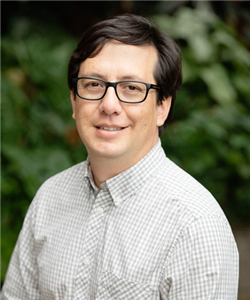
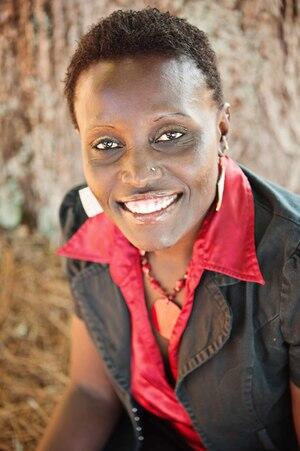
The laboratory of Dr. Esther Ngumbi studies the multifaceted use of chemical signals by herbivores, natural enemies, plants, and their associated microorganisms. The overarching goal is to decipher many of these complex chemical-mediated conversations, whose outcomes are important with relevance to agriculture, insect pest management, and the functioning of ecosystems. In addition, Ngumbi’s lab is undertaking research aimed at 1) understanding the factors that influence the outcomes of microbe-mediated plant and insect interactions, 2) the consequences of plant breeding/domestication on chemical mediated plant and insect interactions, and 3) the impact flooding stress has on microbe-driven and chemical-mediated plant and insect interactions.
The laboratory of Dr. Nathan Schroeder studies nematode development and evolution. We combine molecular biology, advanced microscopy techniques and behavioral work to understand processes leading to structural diversity among nematodes. We also regularly collaborate on field studies to understand the impact of plant-parasitic nematodes on crop production and the interaction of nematodes with microorganisms in their environment. REU participants will use light and electron microscopy combined with image analysis techniques to characterize the nervous system of diverse nematode species.
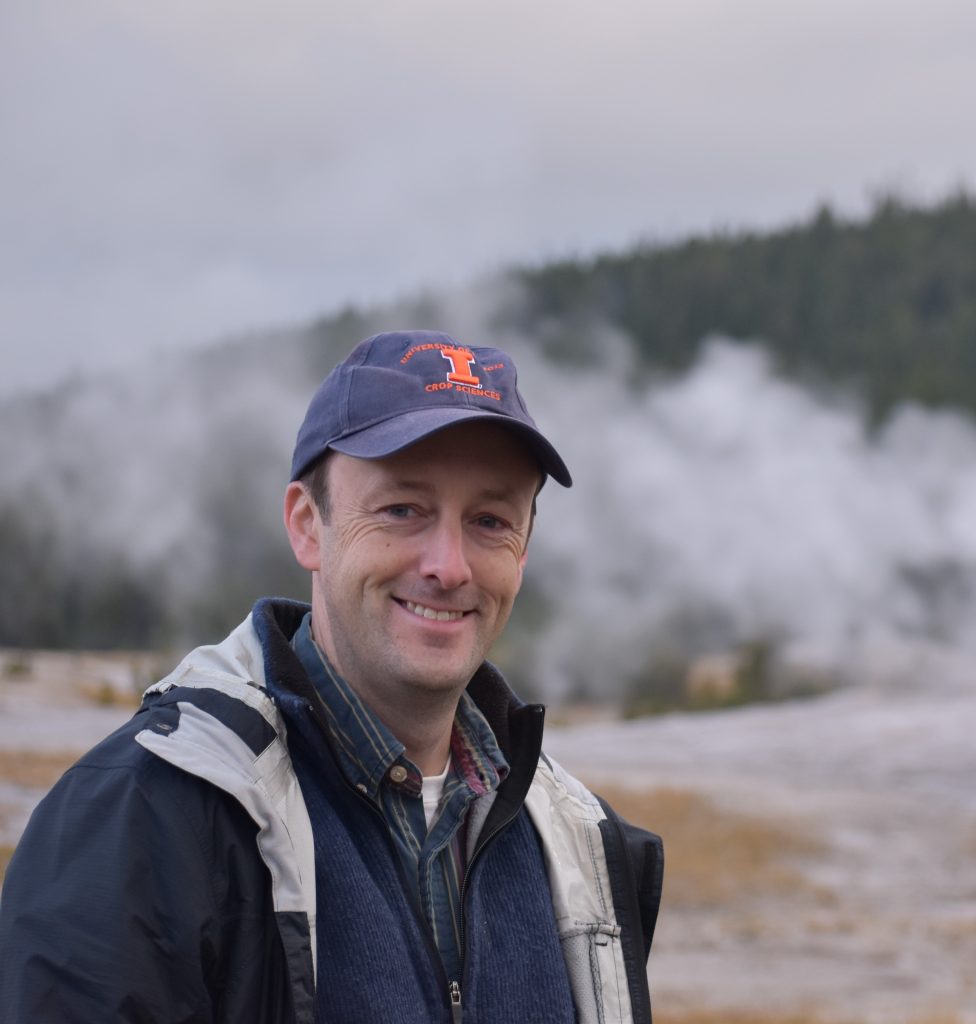
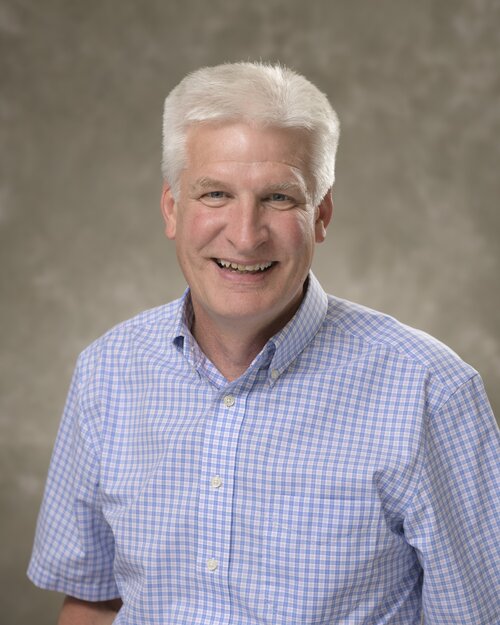
The laboratory of Dr. James Slauch is focused on the physiology and genetics and Salmonella Typhimurium with the goal of understanding how Salmonella adapts to various host niches to circumvent the immune responses and cause disease. We use classic and high-throughput genetic techniques to identify and characterize factors critical for pathogensis. REU participants will characterize the roles of particular genes identified in our screens.
The laboratory of Dr. Matthew Stasiewicz uses risk assessment and innovative laboratory methods to advance food safety microbiology. The lab has many projects to improve sampling and testing for, and management of, foodborne pathogens in large-scale food productions environments. REU participants will investigate improved methods to physically collect representative samples of foods and food-environments, like leafy greens and agricultural soils, and test these samples for indicators of microbiological quality and safety using a combination of classical culture-based methods and sequencing-based approaches.
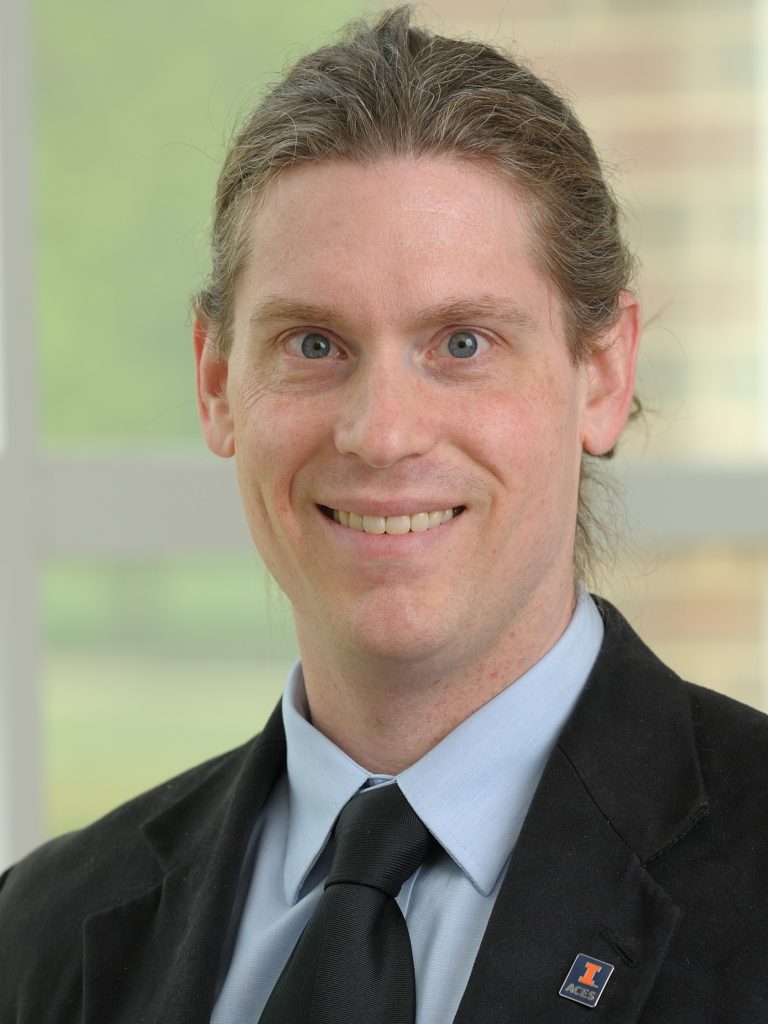
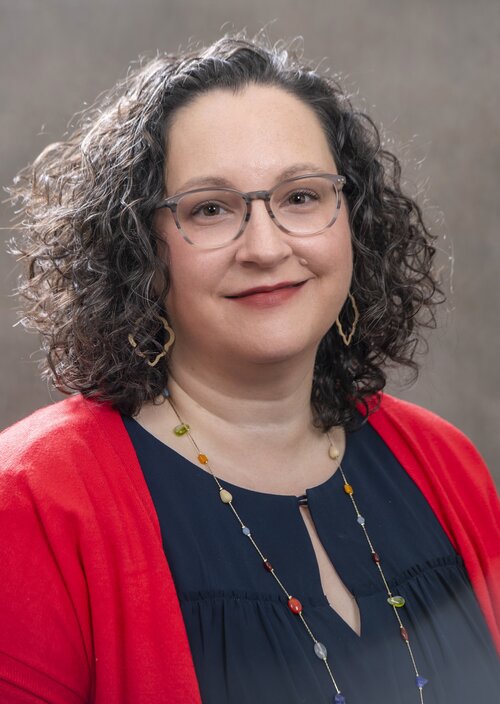
The laboratory of Dr. Cari Vanderpool studies how bacteria sense and respond to their environment using a variety of genetic regulatory mechanisms. We use classical microbiology techniques including monitoring growth and taking metabolic measurements, with genetic and genomic techniques to monitor gene expression at an individual gene or global genomic level. We study a variety of bacteria, including bacteria like E. coli and Salmonella that cause enteric diseases, bacteria that are helpful members of the human microbiome (Bacteroides species), and Rhizobium bacteria that live in close symbiotic relationships with plants. In all of these systems, we try to understand the fundamental processes that allow these bacteria to successfully persist in their environmental niche.
The laboratory of Dr. Wendy Yang studies how human activities are changing the function of natural and managed ecosystems and how ecosystem responses to global change can feedback to drive or slow future global change. In particular, we seek to determine the mechanisms by which plant, microbial, and soil dynamics influence soil greenhouse gas emissions and soil nutrient cycling. REU participants will have the opportunity to conduct field-based research in the context of sustainable agricultural practices in conventional or bioenergy cropping systems or laboratory-based research addressing fundamental research questions using soils collected from across ecosystem types, including tropical forests.

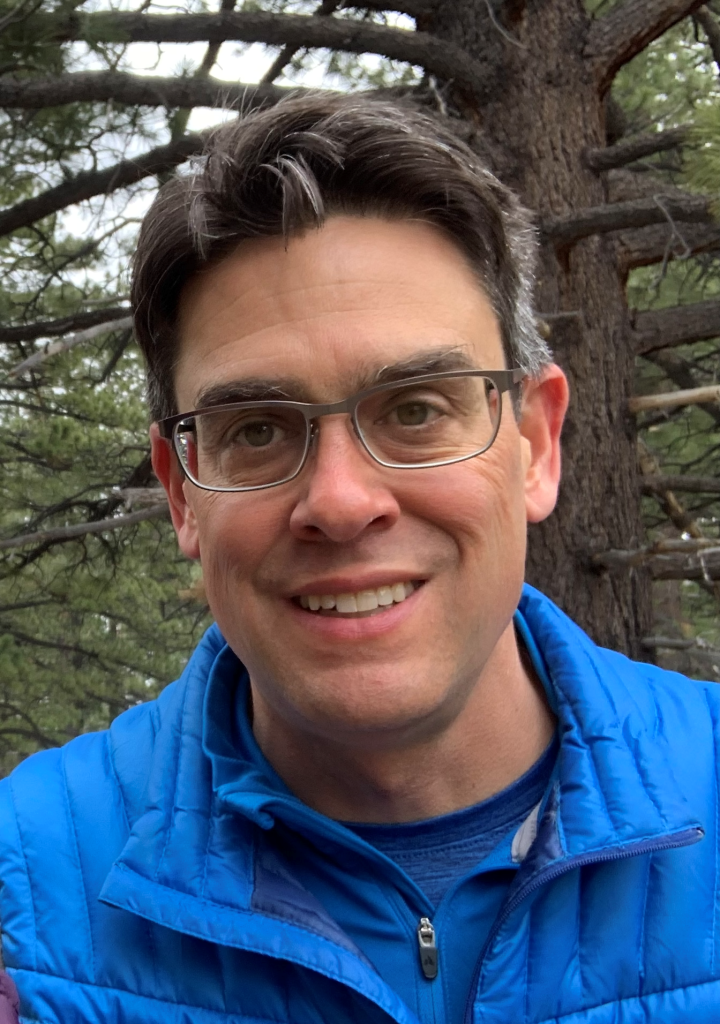
The laboratory of Dr. Anthony Yannarell studies how plant communities and microbial communities influence each other, and how they both affect the soil ecosystem. We use field, laboratory, and greenhouse experiments to investigate the activities of microbes and their impacts on soil and plant health, and we use high-throughput DNA sequencing to characterize changes in microbial communities. REU participants will investigate how plant-microbe interactions affect the community and ecosystem ecology of an ongoing tallgrass prairie restoration project.